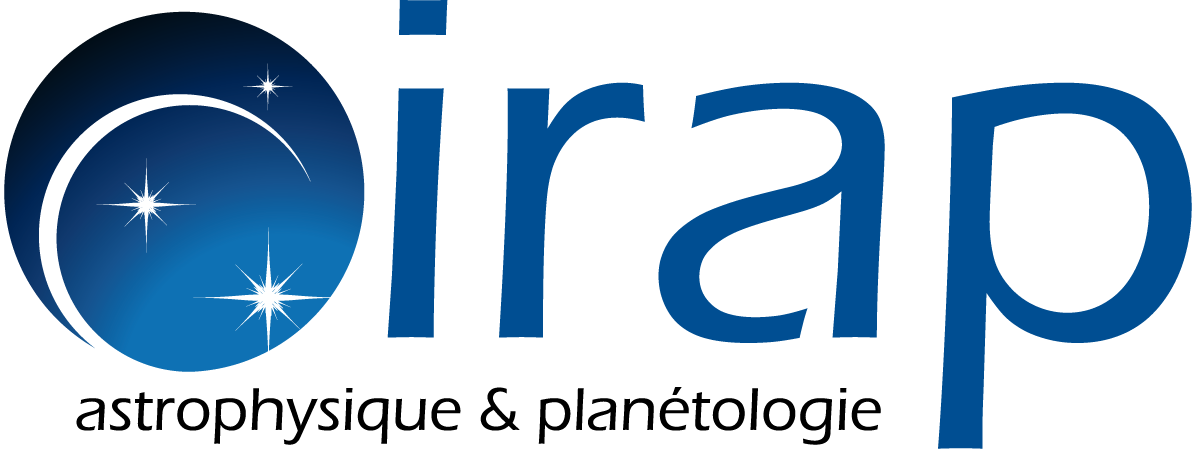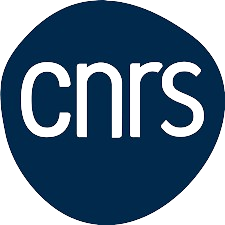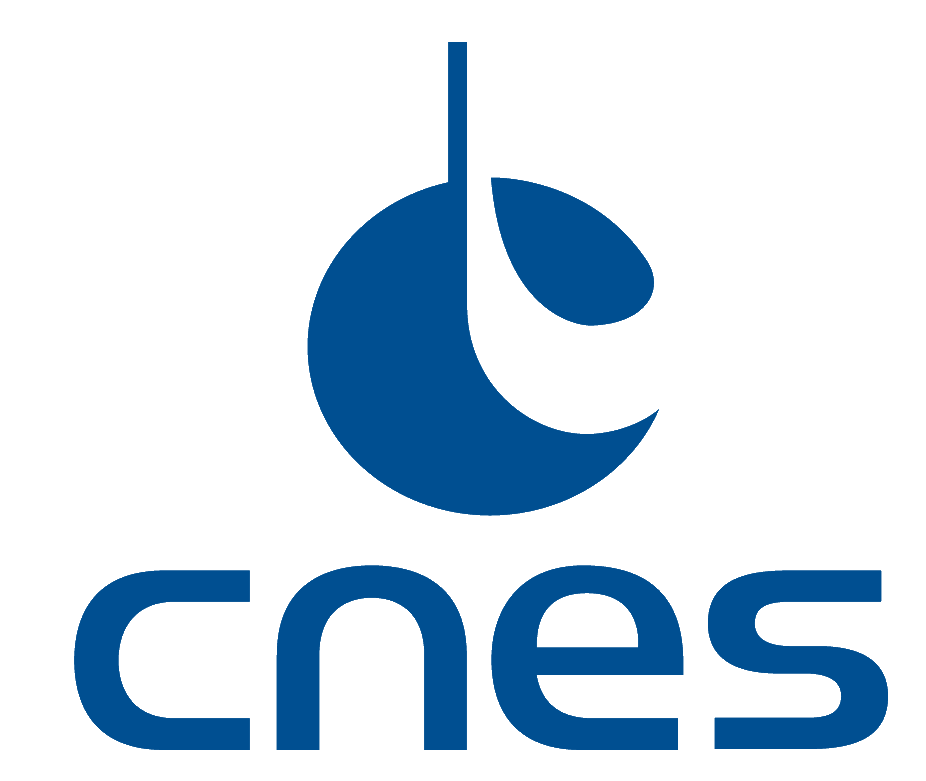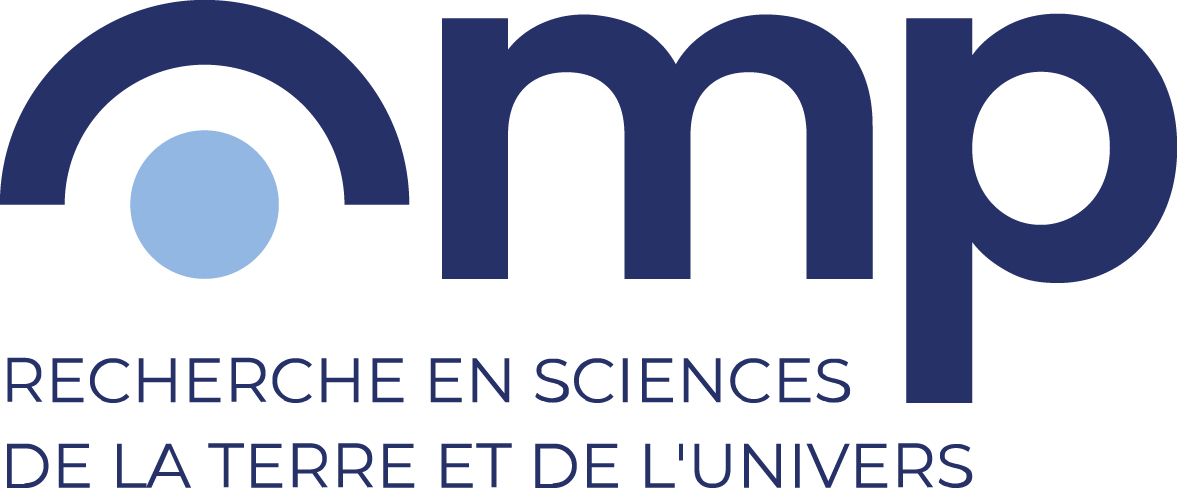France Teams with NASA to Advance Solar System Exploration
NASA and the Astrophysics and Planetology Research Institute (IRAP), located in Toulouse, France, have signed an Affiliate Member statement with NASA’s Solar System Exploration Research Virtual Institute (SSERVI). With the establishment of a NASA SSERVI French node, France’s planetary science community will participate in SSERVI programs on a no-exchange-of-funds basis.

“France’s impressive proposal to SSERVI offers scientific and technological expertise in the study of the Moon and Mercury, the study of asteroids, with a main focus on Vesta and Ceres in the context of the ongoing Dawn mission, and the study of comets, with a main focus on Churuymov-Gerasimenko (67P) in the context of the ongoing Rosetta mission. We are eager to see the collaborative scientific discoveries that result from this partnership,” said Yvonne Pendleton, Director of SSERVI.
The proposal submitted by Principal Investigator Patrick Pinet (IRAP, Toulouse) relies on the support of the National Institute for Study of the Universe (INSU) of the French National Research Council (CNRS), of the University of Toulouse, of the French Space Agency CNES) and close interactions with its Toulouse-based part. The proposal was selected for Affiliate Membership after it was determined that complementary research activities will help NASA achieve its goals for human exploration of the solar system.
“The laboratory works closely with other national space agencies, in particular the European Space Agency (ESA), the Japanese Aerospace Exploration Agency (JAXA), the Indian Space Research Organization (ISRO), and now NASA SSERVI. This is a special moment for France,” said Dr. Patrick Pinet, senior scientist at CNRS and deputy-director of the laboratory. “We are confident that this partnership will result in more great scientific discoveries in planetary science for both our our nations, as well as furthering the SSERVI goal of advancing basic and applied lunar and planetary science research and advancing human exploration of the solar system through scientific discovery.”
“Our French partners have put together a compelling proposal that outlines multiple topics for potential collaborative research. We look forward to fruitful scientific collaborations, which will include the study of future potential mission concepts. This partnership will be important to NASA and its international partners successfully conducting the ambitious activities of exploring the solar system with robots and humans, and we look forward to a long and close partnership between our respective countries,” said Greg Schmidt, Deputy Director of SSERVI, who also directs international partnerships for the Institute.
Based and managed at NASA’s Ames Research Center in Moffett Field, California, SSERVI is a virtual institute that, together with international partnerships, brings researchers together in a collaborative virtual setting. The virtual institute model enables cross-team and interdisciplinary research that pushes forward the boundaries of science and exploration. SSERVI is funded by the Science Mission Directorate and Human Exploration and Operations Mission Directorate at NASA Headquarters in Washington.
For more information about SSERVI and selected member teams, visit:
- http://sservi.nasa.gov
- http://sservi.nasa.gov/articles/nasa-france-to-collaborate-on-planetary-science-and-space-exploration/
Further Informations
- NASA Press Release : NASA, France to Collaborate on Planetary Science and Space Exploration






